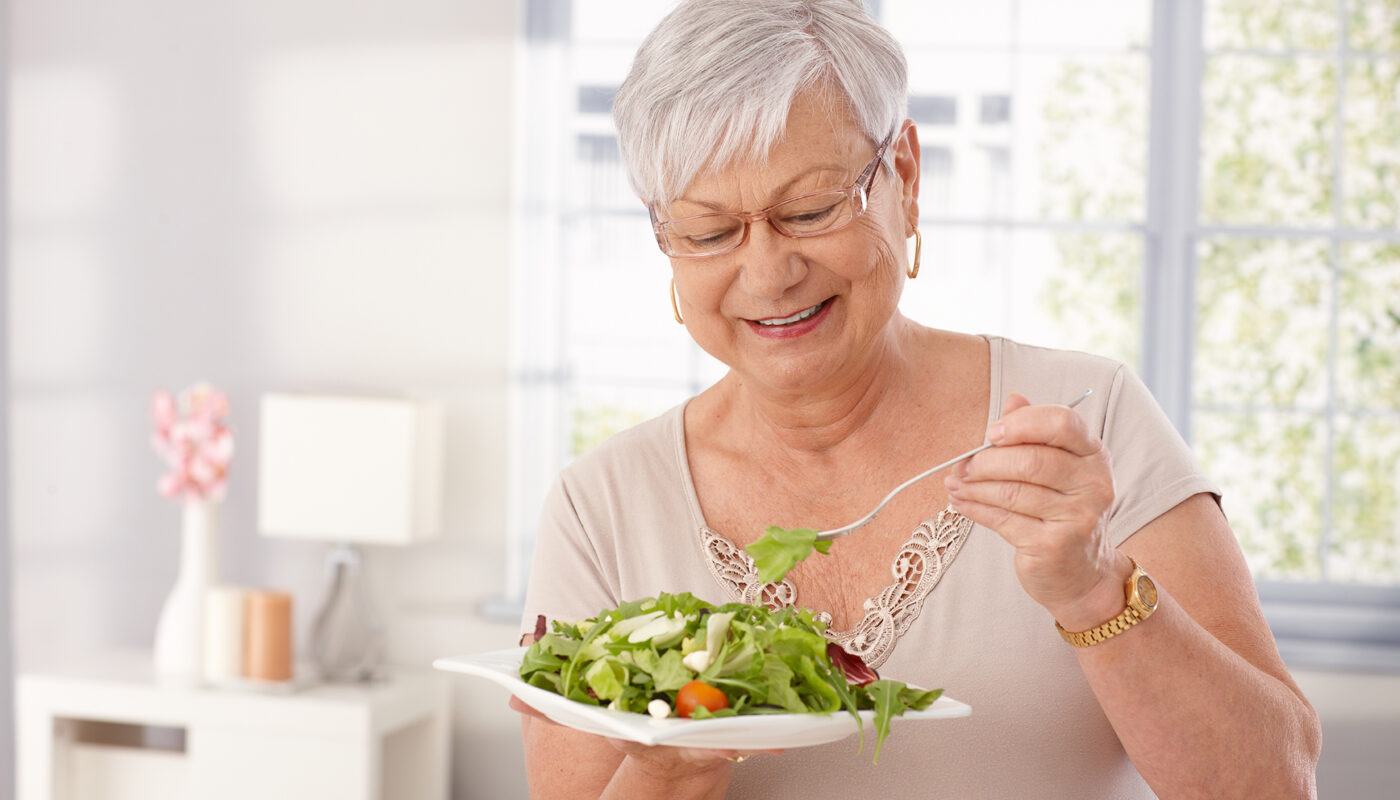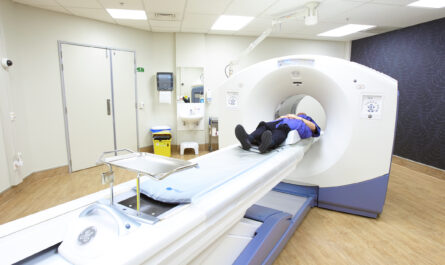Nutrition plays a vital role in maintaining health and well-being as we age. The nutritional needs of seniors tend to change as their metabolism slows down and ability to absorb certain nutrients declines. It is important for elderly individuals to get proper nourishment from healthy and balanced meals in order to stay active and prevent illness. This article discusses key aspects of elderly nutrition and tips for meeting nutritional requirements in later life.
The Importance of Protein
Protein is an essential macronutrient that serves many important functions in the body, especially for seniors. As we age, muscle mass naturally declines which is why adequate protein intake helps preserve lean body mass and prevent loss of strength and mobility. The recommended daily intake of protein for adults over 65 years is 46 grams for women and 56 grams for men. Good high-quality protein sources include eggs, fish, lean meat, poultry, nuts, seeds, beans and lentils. It is recommended to have at least one serving of protein at each meal to support muscle health and overall wellness.
Addressing Vitamin and Mineral Deficiencies
Certain vitamins and minerals are especially important for the elderly yet many tend to be deficient. Common deficiencies include vitamin B12, vitamin D, calcium and iron. Vitamin B12 aids blood cell formation and brain function while vitamin D helps absorb calcium and maintain bone and muscle health. Seniors may have trouble absorbing vitamin B12 from food and producing enough vitamin D from sun exposure so supplementation may be needed. Calcium and vitamin D together promote strong bones as risk of osteoporosis increases with age. Iron supports energy levels and oxygen circulation throughout the body. Dark leafy greens, fortified cereals, fish and supplements can help bridge nutritional gaps.
Focus on Hydration
As we become older, our ability to sense thirst diminishes which increases the risk of dehydration. This can negatively impact brain function, cause constipation and weaken muscles and joints. However, many seniors do not drink enough fluids on a daily basis. It is recommended for the elderly to drink at least eight glasses or two liters of water per day. Other fluids that count towards hydration include milk, soups and unsweetened fruit juices. Warning signs of dehydration like fatigue, headache, dizziness or dark urine should prompt fluid intake. Carrying a water bottle can make it easier to stay hydrated throughout the day.
Benefits of Fiber for Digestive Health
Getting enough fiber through diet is crucial for digestive and heart health as we age. Fiber promotes regularity, preventing constipation which is common among seniors. It also helps control blood sugar and cholesterol levels. However, fiber intake tends to decline with age. The recommended daily fiber intake for seniors is 21 to 25 grams for women and 30 to 38 grams for men. High-fiber foods to focus on include whole grains, brown rice, lentils, beans, leafy greens, berries and nuts. Fiber supplements may also be considered in consultation with a healthcare provider.
Managing Calories and Portion Sizes
Elderly Nutrition As natural energy needs reduce with age, seniors need to pay attention to overall calorie intake and maintain a healthy weight to avoid health issues like diabetes, joint strain and cardiovascular problems. Weight gain due to reduced activity levels leads to excess pressure on joints and obesity-related complications. At the same time, inadequate calories and losing too much weight can deplete muscle mass and strength. It is advisable for seniors to calculate daily calorie needs based on activity level and frame size and monitor portion sizes regularly. Nutrient-dense whole foods should be favored over calorie-rich, nutrient-poor options.
Dietary Considerations for Common Age-Related Diseases
Certain health conditions become more prevalent as we age that require diet modifications. For diabetes management, carbohydrate intake needs to be balanced with protein and fat. Regular consumption of high-fiber whole grains, vegetables, and healthy fats supports blood sugar control. Heart-friendly meals focus on omega-3 fatty acids from fish, olive oil, nuts andseeds to reduce risks of heart disease and stroke. For bone health, calcium from dairy, leafy greens as well as exercise are important since fracture risk increases after age 65. Those on medications should ensure consuming foods that do not interact with prescribed drugs. This necessitates medical guidance about specific dietary adjustments.
Recipe Ideas for Nutritious Elderly Meals
Salmon salad sandwich: Salmon provides omega-3s while an open-faced sandwich is easy to eat.
Chicken veggie stir-fry with brown rice: A balanced meal packed with fiber, protein and vitamins.
Quinoa tabbouleh salad: Quinoa boosts fiber, nutrients while herbs offer flavor.
Black bean chili: Full of fiber, vitamins and minerals to keep one full for long.
Fruit smoothie: Great way to meet hydration and vitamin needs.
Enhancing flavors of dishes with herbs and spices helps seniors eat nutrient-dense foods with enthusiasm. Meals can also be prepared in batches and frozen for quick access. Family involvement in grocery shopping and cooking provides much needed social interaction and quality nutrition.
*Note:
1. Source: Coherent Market Insights, Public sources, Desk research
2. We have leveraged AI tools to mine information and compile it



